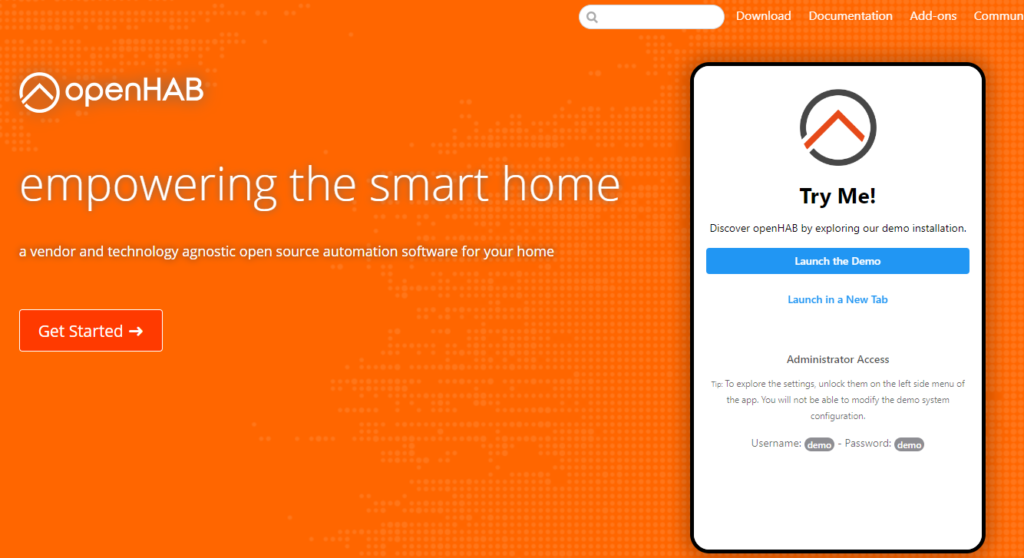Smart Living
페이지 정보
작성자 Margarito Getty 작성일 25-08-21 20:17 조회 7 댓글 0본문
One of the most significant benefits of smart homes is the increased convenience they offer. With smart home devices, homeowners can manipulate various aspects of their homes remotely, using their mobile devices. This means that they can turn electrical fixtures on and off, adjust the temperature control, and even start the coffee maker from anywhere in the world. This level of convenience saves time and effort, making it easier to manage daily chores.

Smart home devices also augment home security. Many smart home systems come equipped with state-of-the-art security features such as security cameras. These features send notifications to the homeowner's phone if someone enters the home, allowing them to monitor their home remotely. This provides peace of mind, especially when families are away from home for extended periods.
Another significant effect of smart homes is energy efficiency. By controlling lighting and heating systems, best biometric smart lock in pune homes can reduce energy consumption and lower electricity bills. For example, smart light bulbs can be programmed to turn off automatically when not in use, lowering energy waste. Similarly, smart thermostats learn the homeowner's heating and cooling preferences and adjust the heating and cooling systems accordingly, ensuring that the home is always at a pleasant temperature without wasting energy.
However, smart homes also have some negative impacts. One of the main concerns is data breach. With more devices connected to the internet, there is a higher risk of hacking. If a smart home device is compromised, hackers can gain access to sensitive information and potentially interfere the entire home network. To mitigate this risk, homeowners must ensure that their smart devices have strong security features and keep their software up to date.
Another negative effect of smart homes is the potential for loneliness. With the increasing reliance on technology, people may spend more time interacting with their smart devices than with each other. This can lead to loneliness and serious negative effects on emotional health.
In wrap up, the impact of smart homes on daily life is interesting. While they offer elevated convenience, augmented security, and energy efficiency, they also pose security risks and the potential for loneliness. To maximize the benefits of smart homes, homeowners must be cognizant of these risks and take steps to reduce them. By doing so, smart homes can become a valuable addition to our daily lives, enhancing our well-being.
- 이전글 트리아자비린 250mg x 20정 (항바이러스제, RNA바이러스 치료) 구매대행 - 러시아 약, 의약품 전문 직구 쇼핑몰
- 다음글 9 Signs That You're An Expert Buy A Real Driver's License Expert
댓글목록 0
등록된 댓글이 없습니다.